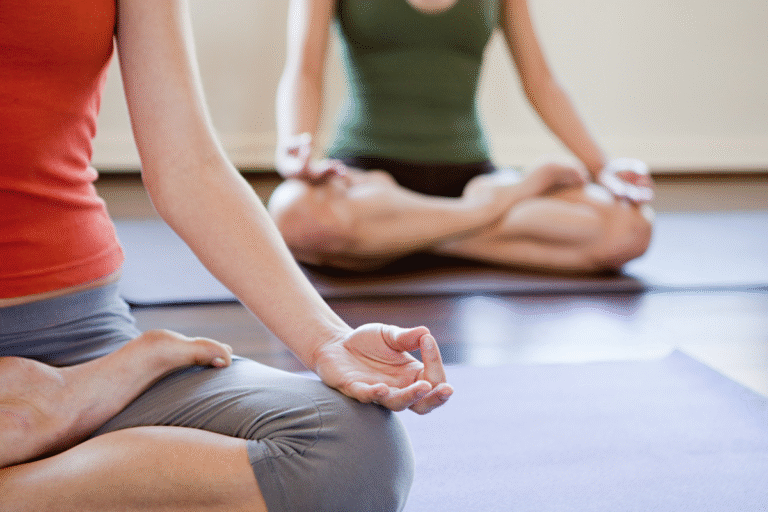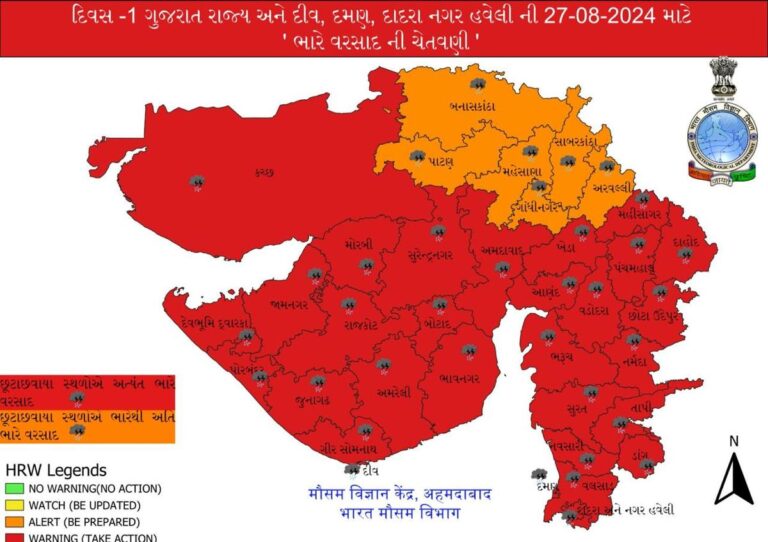
Modern life is full of constant messages and long lists of things we need to do. It can be hard to find peace and quiet. In spite of this, peace of mind isn’t something that just happens; we have to work at it. Being calm doesn’t mean escaping problems or duties; it means learning how to handle life’s chaos with style, clarity, and mental balance. This post will talk about ways to keep your inner peace, stay centered when you’re stressed, and feel calm for a long time.
Figuring Out How Important Inner Calm Is
Before we talk about how to calm down, it’s important to know why it’s important. When your mind is calm, you can think clearly, make better choices, and deal with problems without getting too stressed out. Overstimulation and constant worry not only drain your energy, but they also hurt your mental health and weaken your immunity system. Making calmness a goal can help you focus better, feel more emotionally stable, and be healthier overall.
Being inner calm doesn’t mean never having to deal with worry; it means getting stronger. It means learning to stop, take a deep breath, and respond instead of reacting. Feeling in charge of your feelings gives you power and helps you keep the peace even when things get tough.
Easy up your daily life
Less is more is the first step to peace of mind. A lot of us make our lives harder than they need to be by saying yes to too many things, overcommitting, or doing too many things at once. Clearing out not only your actual room but also your mind and plan is a good way to calm down.
Pick out the things that are most important to you and let go of the rest. Give jobs that are in line with your values and goals more weight. You can say no to things that bring you down or don’t help you reach your goals. Knowing that your day is lighter and better planned makes it easier to be calm and concentrate.
Set up a morning routine that helps you feel grounded
Your morning sets the tone for the rest of your day. Instead of picking up your phone or jumping right into work, take a few moments to yourself and be still. Do something quiet like take a few slow breaths, stretch, relax, or just drink a cup of tea.
Being aware for just five to ten minutes can make a big difference. Having a calm morning habit can help you control your mood, lower your stress, and start the day with a clear and happy mind. Over time, this turns into a habit that keeps your emotions in check no matter how hard the day is.
Mindful breathing should be done all day long
Being aware of your breathing is one of the easiest and most effective ways to calm down in a busy world. Pay attention to your breath for a moment whenever you feel worried or overloaded. Take a big breath in through your nose, hold it for a moment, and then slowly let it out through your mouth.
This small action brings you back to the present moment and tells your nervous system to calm down. Regular breathing techniques can help you feel less anxious, lower your blood pressure, and better control your emotions. You can do it at your work, in traffic, or before a big meeting. All of these places are fine.
Take care of your mind
Your mental space needs limits, just like your real space does. Limit the amount of bad things that you see or hear, like on social media, in toxic talks, or in the news all the time. Digital noise that won’t go away can make you feel stressed and tense.
Don’t spend too much time in front of a screen, especially right before bed. Pick content that motivates and excites you instead of content that stresses you out. Spend time with people who are good for you and will respect your space. Taking care of your mental space is a form of self-care that can help you feel better physically and mentally.
Spend time outside
Nature is a great way to bring us back to earth. Your body and mind naturally calm down when you spend time outside, whether you’re farming, taking a walk in the park, or just sitting under the stars. Cortisol is the stress hormone that drops when you’re in nature and rises when you’re happy and calm.
Getting outside every day, even if it’s only for a short time would be great. There’s no need for a big outdoor activity to relax. Sometimes, just watching the birds or the sun rise is enough.
Put rest and sleep first
Rest is a form of self-care that doesn’t get enough attention. Not getting enough sleep can make even small problems feel impossible to handle. Your body needs rest to keep your mind calm. To get good sleep, make a regular schedule for going to bed.
Before going to sleep, stay away from computers, make sure your room is dark and quiet, and do something relaxing like writing in a journal or reading. When your body gets enough rest, your moods level out, your ability to concentrate gets better, and your stress levels naturally go down.
Learn to be thankful and accepting
Being grateful makes you notice what you have instead of what you don’t have. Every day, taking a few minutes to think about what you’re grateful for can change the way you feel. It doesn’t mean ignoring the bad things that happen in life; it means noticing the good things that are also happening.
In the same way, acceptance is a key part of finding peace. When you fight truth, you make yourself tense. When you accept things you can’t change, you can stop worrying about them and focus on the things you can change.
Questions That Are Often Asked
Q1: What can I do to stay cool when life gets too much?
Do one small thing at a time. Pay attention to your breathing, break down your tasks, and allow yourself to stop. Consistency, not perfection, is what leads to calmness.
Q2: What part does mindfulness play in finding peace of mind?
Being mindful helps you see things as they really are and accept your feelings and thoughts as they are. It helps you answer with more thought instead of feeling, which leads to more mental balance.
Q 3: Does meditation really help with stress and worry?
Regular practice helps keep your nervous system in check, which makes you feel calm and in control.
Q4: How can I find peace when everything around me is a mess?
You can’t always change the world around you, but you can change how you respond to it. Set limits for yourself, be smart about how you use your energy, and do things to help you feel grounded, like writing in a journal or breathing.
Q5: Is it possible to keep your peace of mind when you have a busy job?
Of course. Even if you have a busy work schedule, you can keep your mind at ease by doing things like taking focused breaks, planning ahead, and thinking about what you’re grateful for.
In conclusion
It’s not about running away from reality to find calm in a busy world; it’s about learning to move through it with awareness, patience, and balance. You can build a base of peace that supports your well-being every day by keeping your life simple, practicing mindfulness, protecting your mental space, and being grateful.
Your mind can slow down even if the world around you doesn’t. You can choose to be calm inside, which will help you live with more clarity, joy, and strength, no matter how fast life goes.







